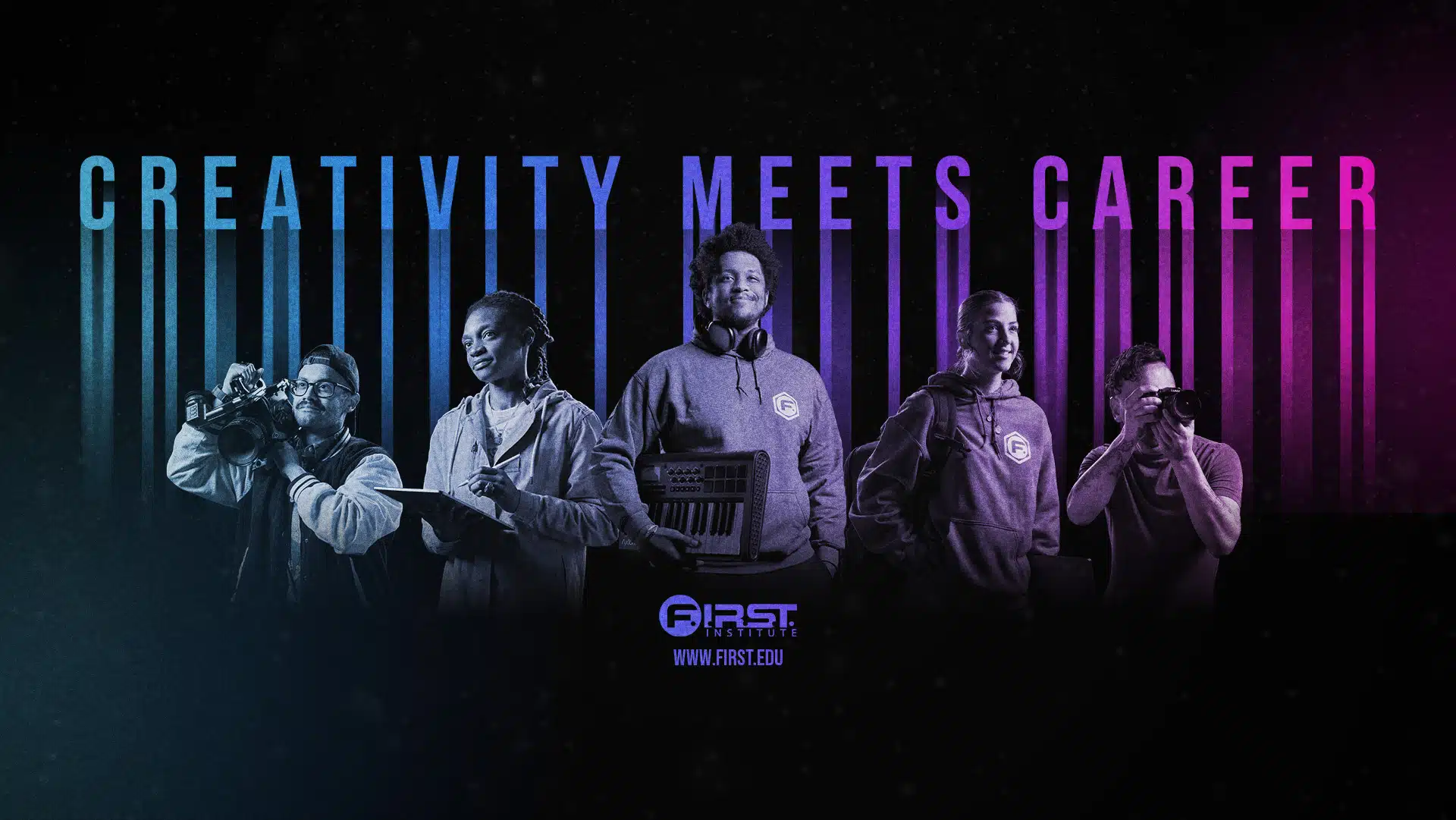If you’re thinking about enrolling in a video production program, then you have a lot to look forward to. Not only will you be kickstarting your career in the film industry, but you’ll also be exposed to exciting opportunities you had never considered. The only hard part is choosing the right school that checks all the boxes.
All the best cinematography schools have a handful of characteristics in common, enabling students to blossom and thrive in the film industry. This article will highlight the top five key attributes to help you narrow down your search. If you’re considering a school that doesn’t have these qualities, avoid it. There are better options out there to make your cinematography dreams come true.
Industry-Veteran Professors
One of the quintessential signs of a top-tier cinematography school is a faculty of industry veterans. The professors have a wealth of real-world experience and a track record of successful projects. They can provide invaluable anecdotes and insights into the very dynamic film industry.
There are many cinematography schools that have professors with plenty of knowledge but minimal experience in the real world. That’s not going to cut it. The faculty should be made up of proven veterans in various niches of the film industry. For example, the best cinematography schools will have experts in feature-length films, short films, commercials, wedding videography, screenwriting, and music video production. When it comes to education, diversity is key, and you want a staff of professors who can relate to your interests.
How do you know if a school has industry-veteran professors? Well, if it does, the school will surely want to flaunt it. Check their website for a write-up on its faculty. If there’s nothing there, contact the school and ask for the instructors’ qualifications. Take a look at F.I.R.S.T. Institute’s line-up of faculty for an example of a highly qualified staff with experience across multiple niches in the industry.
Facilities and Equipment
The best cinematography schools give their students access to cutting-edge facilities and gear. Being able to use professional equipment and studios will allow creative visions to come to life, and that’s what the learning process is all about.
The resources you should have access to will cover every aspect of the filmmaking process, from pre-production to post-production. Items should consist of high-end cameras, a variety of lenses, lighting setups, tripods, gimbals, wireless microphones, studio spaces, and editing software.
Institutions that prioritize giving students access to these resources create an environment that promotes creativity and productivity. It’s also crucial that the facilities and equipment are up-to-date. To become competitive in the job market, you need to be adept at handling the latest industry-standard gear and software. So, don’t settle for a school that’s using outdated equipment.
Hands-On Learning Methods
Learning cinematography is all about getting into the action and experimenting with technology, equipment, and techniques. It’s not something you can simply learn through videos and lectures! That’s why the best cinematography schools take a hands-on learning approach. The courses are more like workshops than standard sit-and-listen classes. And the professors act more like guides than lecturers.
Some of the hands-on learning will include projects like shooting documentaries, music videos, commercials, and short films. Or maybe you’ll be assigned to a large-scale collaboration assignment that simulates real-world filming scenarios. These are opportunities for you to put theory into action, to make mistakes, and to learn new skills under expert guidance. This type of approach is invaluable when you’re first learning the craft.
The best cinematography schools will also offer various workshops and on-set experiences. Students will have the chance to work alongside industry professionals and see what it truly takes to be a cinematographer. By the time you finish the program, your confidence, skillset, and problem-solving abilities will be through the roof.
Comprehensive Curriculum
Your education will only be as good as the curriculum. Cinematography has several components, and you need to have a strong grasp of each aspect of the trade. You’ll find that the best cinematography schools offer a comprehensive curriculum that tackles a wide range of subjects. Students are able to take deep dives into the nitty gritty details of creating films that they otherwise wouldn’t be exposed to.
Here are some of the main curriculum components of the best cinematography schools:
Cinematography Basics:
Before jumping into production classes, the best cinematography schools will ensure students first understand the basics. There will be a required course or courses that study the art of storytelling, camera framing, lighting, movement, and more.
Digital Editing and Visual Effects:
These institutes will have required courses specifically designed to provide training in editing and visual effects. Students will learn about various editing techniques, visual storytelling, and how to properly sequence scenes. The best schools will also provide training in basic animation.
Color Grading:
Color grading is a crucial part of post-production that gives films a final touch. Students will learn about color balancing, grading, and correction on industry-standard programs like DaVinci Resolve.
Scriptwriting:
The best cinematography schools will emphasize screenwriting, one of the most important elements of cinematography. Students will have the chance to write different types of scripts and get direct feedback from professors.
Various Styles of Production:
Throughout the program, these schools will put students in a variety of production courses, such as the production of commercials, music videos, short films, and live videos. These courses help students find niches that they’d like to pursue.
Career Development
The best cinematography schools don’t stop at hands-on learning and a top-notch curriculum; they’ll also provide a clear path for students to land their first job in the industry. Some of the career development services may include portfolio building, job fairs, internships, and industry connections through networking events and guest speakers. Students can enter the program knowing that the institute is equally concerned about their professional development and opportunities as they are.
These schools also have strong alumni networks, which are invaluable assets for up-and-comers. Students will have access to mentorships, industry insights, and inspiring success stories. The network of alumni creates a sense of community. As you start your journey as a professional cinematographer, having a community behind you is priceless.
Take the F.I.R.S.T. Step
At F.I.R.S.T. Institute, we embody all the qualities of the best cinematography schools. Our Digital Film & Video Production program is taught by industry veterans who will guide you through the core principles of the craft. We value the importance of hands-on training and ensure that all students in the on-campus and online programs can utilize industry-standard equipment and have access to our cutting-edge facilities. Enrolling at F.I.R.S.T. is the key to kickstarting your career, so take the next step and download our free brochure! Or, reach out to our Admissions department to schedule an in-person or virtual tour.



